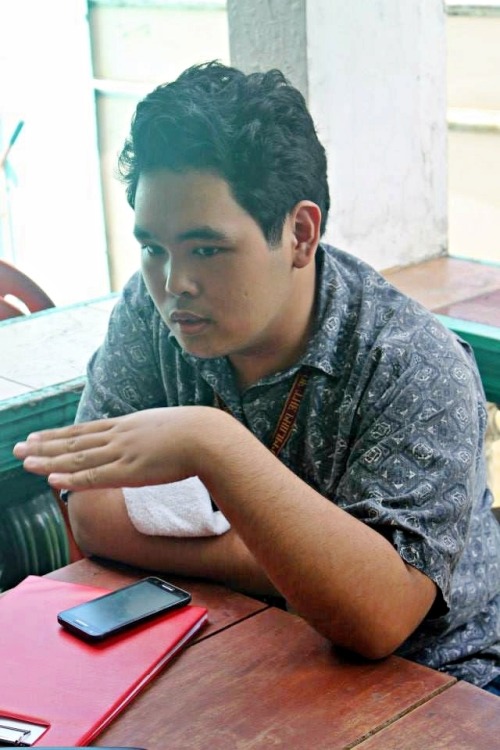It’s going to be trapo to the core.
-Conrado De Quiros.
Any political science or public administration student masters the answer to the question “What is election? “. Since we are always dealing with the constitution, we can simply put it this way, election is a constitutional mandate by which a population chooses an individual to lead or hold public office. This definition is theoretical in the same way practical. So in order to analyze this definition, we have to synthesize this general definition into specific ones.
First is election being a constitutional mandate. Our constitution provides under article V that “Suffrage may be exercised by all citizens of the Philippines not otherwise disqualified by law.” When I asked a friend to analyze this particular provision, he is quite hesitant to my notion that election is indeed a constitutional mandate. According to him, the word “may be” gives him the impression that a citizen may choose if he wants to participate in election or not. In short, election is not an obligation because it provides you an avenue to choose. I explained this to him by saying, I think that the word “may be” refers to the act of participating into election but gives prohibition to those who are disqualified by law. So those who are unconfined with the disqualification, election still is a constitutional mandate.
Second, an election is a process in which people choose an individual to lead or hold public office. This is the practical aspect of election, the actual voting and a plurality of votes towards certain candidate-obviously wins in an election. Therefore, election is a number game.
There is a saying that goes like “to be real is to be open”. In the Philippines, a candidate without ideology can win in a personality politics. Philippine election is so special because personality is greater than principle, belief and ideology combined! Majority of the member of a society gauge their bet depending on how popular a candidate is, even this person has no strong ideology. No doubt, Philippine politics is very open to someone like Annabelle Rama to run in congress. “Parang hulog ako ng Sto. Niño para sa aking mga kababayan na, alam ko, kailangang-kailangan nila ang tulong ko.” And I’m sure, if Cebuano will not be critical in choosing there representative in the congress, then it will be a landslide victory for Rama knowing how popular and scandalous she is. No non-thinking citizen will get tired in personality politics- simply because it is fun! When showbiz and politics is combined-fiesta! That is why a showbiz personality without any background in politics is getting elected.
“Parang hulog ako ng Sto. Niño para sa aking mga kababayan na, alam ko, kailangang-kailangan nila ang tulong ko.”-Rama (2012)
It is easy to say that one element lacking in the process of Philippine election, “pamimilosopiya” (philosophizing). Asking fundamental questions from “why are we going to vote?” “Who should be elected?” “Why should elect this particular person?” To questions like “What are the needs of our country? Does his ideology and platform satisfy these needs?” One should ask these questions because the world of politics is not just about being popular and well known. Public service is an everyday confrontation of big decisions that will radiate affects to everyone from professionals to darn fools. It is not enough to be vigilant, one should explore questions in the realm of ideology, academic background and practice because service is not a taping for a teleserye which has a room for editing mistakes.
Erap para sa mahirap. hehehe
Take for example the Presidency of Joseph Ejercito Estrada. He started his career in show business in his twenties where he gained his undying popularity. In 1967, fame helped him to hold an elective position as a local executive in San Juan which was then a municipality of Manila. The same popularity carried him from San Juan to senate and the epoch of his political career which is to be the 13th president of the Philippines. He has no educational background in Public administration, economics and politics; all he has is experience from being a municipal mayor, senator and some political and economic advisers. When fame sent him to be the president of the Philippines, the next question was what happened next? –Well surprisingly, his presidency only lasted for 31 months and his leadership was questioned for corruption, incompetence and cronyism aside from the fact that foreign investors gave up investing in our country because of the continuous social unrest. The climax of all this hullaballoo was the second People Power which leads to question the defectiveness of our system of democracy.




nice one.